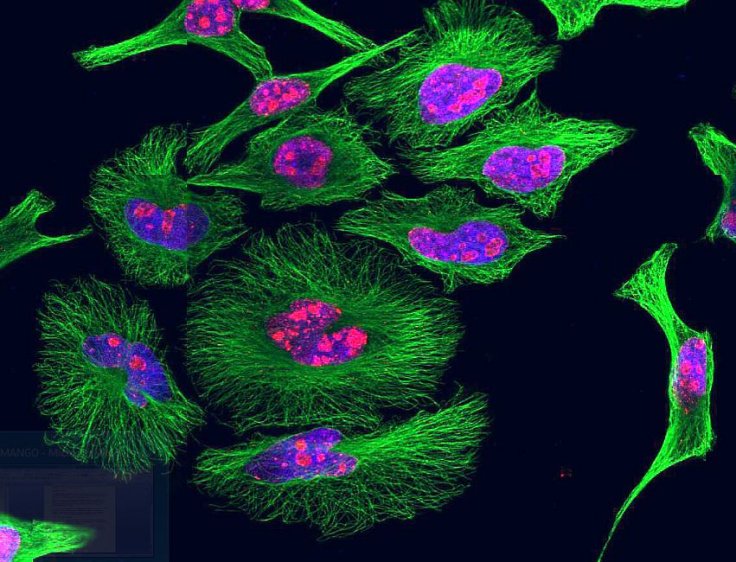There is electricity in our body, our nerves carry electric signals to and fro for all actions made by us. All our actions have these signals that are guided by the brain. This could mean we can exploit our body's reception to electrical pulses for other means, from neural implants to biosensors.
A team of researchers from Stanford University has developed genetically engineered neurons to build materials into the cell membranes. This method could be used to target highly specific groups of cells that could help control body's response to electrical stimulation. The study has been published in the journal Science.
The paper explains that introducing new genes into an organism could endow new biochemical functions or change the patterns of existing functions. The team combined genetic engineering and polymer chemistry that could manipulate the behavior in living animals.
How?
The team used re-engineered viruses which can get into a cell and deliver a DNA creating an enzyme that changes the electrical properties of the cells, this demonstrated that the same process can be used to control their behaviour
The method was used to modulate neuronal pulses by culturing hippocampal neurons of rat, mouse brain slices, and even human cortical spheroids. This showed the process produced the polymers in large enough quantities to alter their behaviour without obstructing natural functions of the cell.

Applying this to humans is a challenge. However, the approach could be used in therapies that use electrical stimulation of neural circuits as an alternative to drugs for diseases as varied as arthritis, Alzheimer's , diabetes, and cardiovascular disease, and many clinical trials are on, reported Singularity Hub
Other than disease-focused bioelectronics, Otto and Christine Schmidt from the University of Floridasay said that the approach could be greatly useful for advanced prosthetics, that is for a patients' nervous system, making possible to excite sensory neurons without accidentally triggering motor neurons, or vice versa, according to the report.
Speculation
The approach, says the report, could be used to bridge our mind and machines in the future. Our neurons need highly targeted approaches that shouldn't obstruct the natural process too! This could help.
As science fictions excites us with its cyborgs. It can as well be our future if the research could lead us to build 'electronic-tissue composites' in humans.









